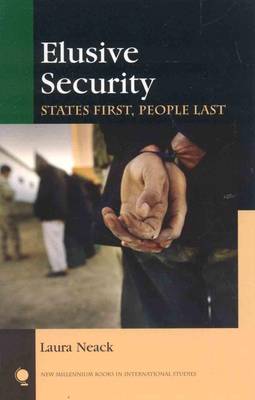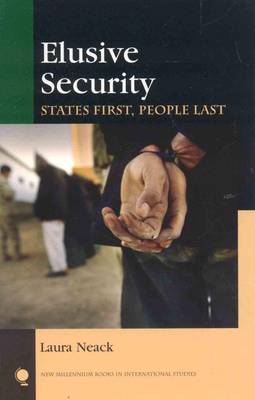
Bedankt voor het vertrouwen het afgelopen jaar! Om jou te bedanken bieden we GRATIS verzending (in België) aan op alles gedurende de hele maand januari.
- Afhalen na 1 uur in een winkel met voorraad
- In januari gratis thuislevering in België
- Ruim aanbod met 7 miljoen producten
Bedankt voor het vertrouwen het afgelopen jaar! Om jou te bedanken bieden we GRATIS verzending (in België) aan op alles gedurende de hele maand januari.
- Afhalen na 1 uur in een winkel met voorraad
- In januari gratis thuislevering in België
- Ruim aanbod met 7 miljoen producten
Zoeken
Omschrijving
Offers a comprehensive comparison of national, international, and human security concepts and policies. This book demonstrates how a state-first security ethic ultimately fails to secure states, the international community and, most important, human beings; how, we only can choose between degrees of insecurity; and true security remains elusive.
Specificaties
Betrokkenen
- Auteur(s):
- Uitgeverij:
Inhoud
- Aantal bladzijden:
- 278
- Reeks:
Eigenschappen
- Productcode (EAN):
- 9780742528659
- Verschijningsdatum:
- 27/10/2006
- Uitvoering:
- Hardcover
- Afmetingen:
- 158 mm x 232 mm
- Gewicht:
- 526 g

Alleen bij Standaard Boekhandel
+ 248 punten op je klantenkaart van Standaard Boekhandel
Beoordelingen
We publiceren alleen reviews die voldoen aan de voorwaarden voor reviews. Bekijk onze voorwaarden voor reviews.









